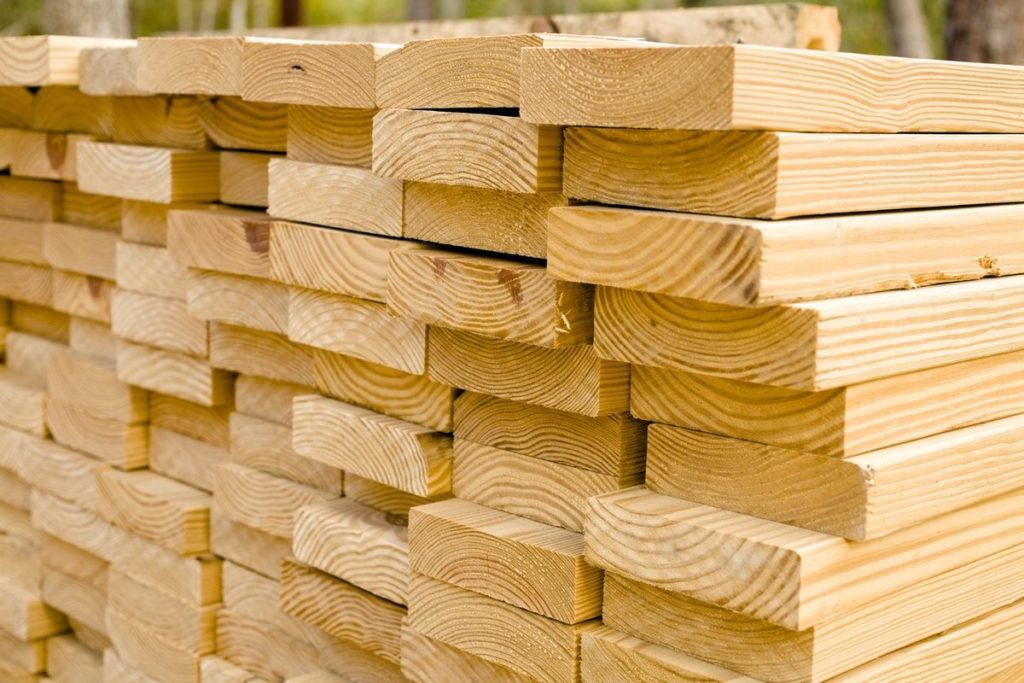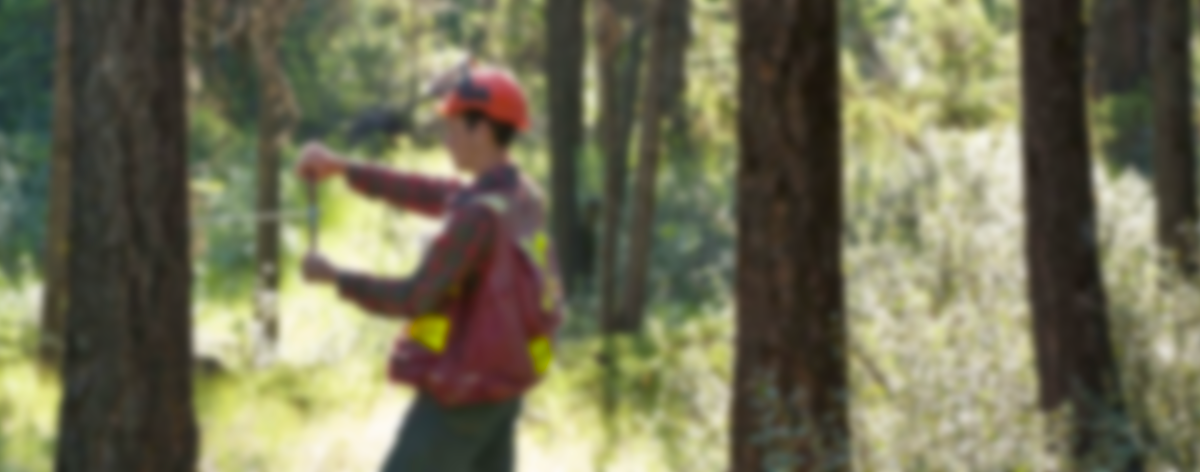Today, we all know about energy use, but sustainability also means embodied energy and natural materials.
Home-building is going green. On 20 April 2021, the government announced what it called “the world’s most ambitious climate change target” to reduce emissions by 78% by 2035 compared to 1990 levels as part of its sixth carbon budget. The UK’s carbon budgets place a restriction on the total amount of greenhouse gases the UK can emit over a five-year period.
A report from the National Housing Federation points out that this has real implications for housing: direct greenhouse gas emissions from buildings in 2019 were around 17% of the UK total, and more than three quarters (77%) of this came from homes. In February, ‘Decarbonising heat in homes’, a report published by a parliamentary committee, called for a deeper concentration on sustainability and energy use in homes.
Add rapidly rising energy costs into the mix – gas and electricity bills could rise by up to 50% this year according to Energy UK – and the pressure really is on: developers and homeowners alike today feel the need to go green.

What is less well understood, however, is that there is another side to sustainability in construction. Indirect carbon emissions, in the form of embodied energy (the energy used in the manufacturing and building processes) are as much a part of the picture.
Nuneaton Roof Truss understands this, such as in our partnership with Persimmon at Wellington Gate in Oxfordshire. By providing sustainable high quality engineered timber, we reduce the environmental footprint of homes, ensuring that they are sustainable from the inside out.
Timber is often considered to be the most sustainable building material, and its low embodied carbon footprint contributes to projects’ green credentials. Trees naturally capture carbon during the growing process, meaning sustainably managed forestry not only accounts for lower emissions than other materials, but actually takes carbon out of the air.
Our wood, wood products, and non-timber forest products are PEF certified, guaranteeing they have been sourced from sustainably-managed forests and been manufactured with due respect for workers’ rights, while our BM TRADA certification provides independently-verified assurance that the wood we use originates from responsibly sourced forests and that the material has been tracked through every stage of the process from forest to end-user.
Our commitment to sustainability does not stop there, though. Nuneaton Roof Truss has worked hard to improve energy efficiency in its own manufacturing processes, such as by moving to carbon neutral biomass boilers in our manufacturing plant, not only reducing reliance on fossil fuels but contributing to the ‘circular economy’ by using timber waste as fuel.
While much of the public focus is on issues such as sustainable energy generation and improving insulation and air-tightness, truly sustainable housing means working with suppliers committed to low-impact manufacturing processes and natural materials.
By working to reduce our own carbon emissions we are helping to lower the environmental footprint of UK housing. Nuneaton Roof Truss is proud to be on a sustainable journey, one we want to take with construction companies and homeowners alike.
Why choose Nuneaton Roof Truss?
If you’re interested in our industry-leading, eco-friendly services, click here to get a quote or call us on 02476 327722 to find out how we can support your business and projects.
Nuneaton Roof Truss is the manufacturer of choice for all engineered timber requirements. Whether you’re planning one house or many, housebuilders, and construction firms all over the UK put their trust in us.

